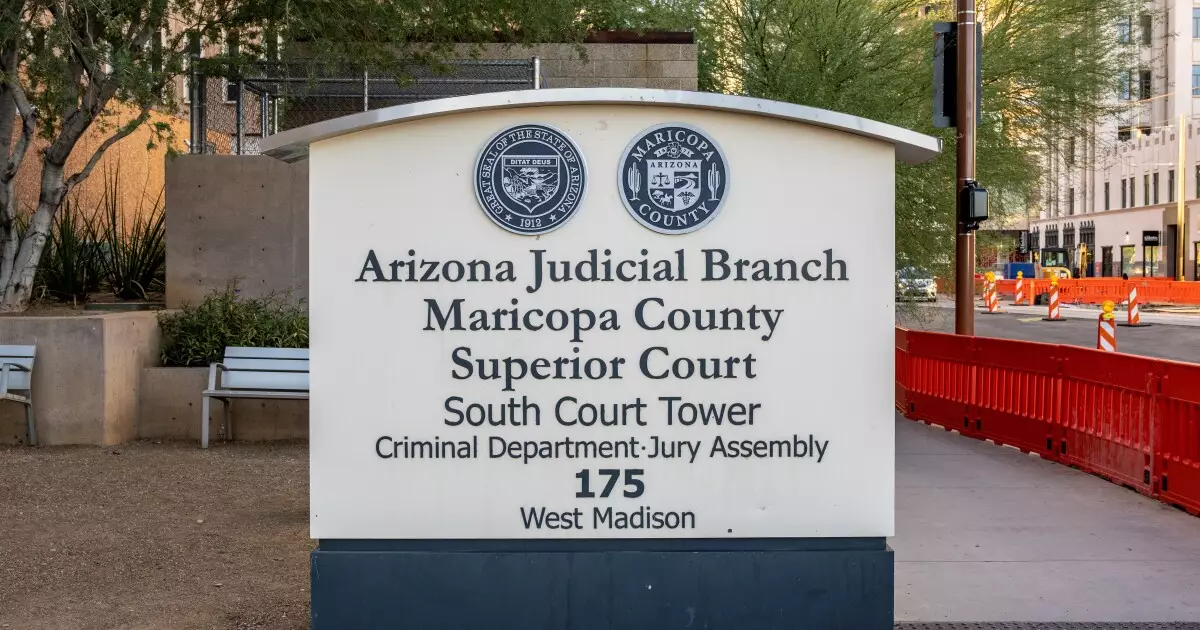The Gilbert town council has come under fire for its recent decision to increase tax rates in a move aimed at funding critical infrastructure projects. This decision has sparked a lawsuit from the Goldwater Institute, a conservative advocacy organization, that claims the council’s actions infringe upon the Arizona Constitution. The ongoing legal tussle reflects the complexities of municipal governance, fiscal responsibility, and the interpretation of state laws.
As per the lawsuit filed in Maricopa County Superior Court, the Goldwater Institute contends that Gilbert’s approval of increased sales, use, and lodging taxes is unconstitutional. The proposed changes are expected to generate approximately $55 million annually, purportedly necessary to fund various projects deemed essential by town officials. The legal arguments center around a clause in the Arizona Constitution that prohibits municipalities from imposing or escalating transaction-based taxes for services performed within the state. This contention points to a larger debate: the extent to which local governments can levy taxes to address burgeoning infrastructure needs while adhering to state constitutional mandates.
In October, Gilbert’s officials framed the tax hike as a response to urgent infrastructure requirements. They highlighted a comprehensive list of 23 projects encompassing parks, public safety, and recreation, collectively estimated to demand over $700 million. In a statement released shortly after the council’s vote, Gilbert officials expressed their intention to finance as much of the planned projects as possible through cash to minimize costs to taxpayers. However, critics argue that the measures undertaken by the town council may ignore legal bounds and exacerbate financial strains on residents.
The Gilbert lawsuit is not an isolated incident; it echoes a prior legal challenge launched against the neighboring town of Payson, where plans to issue $70 million in bonds were met with similar pushback. A recent ruling on the Payson case, which was dismissed as moot, has no doubt influenced concerns in Gilbert regarding the procedural legitimacy of local tax increases and debt issuance. With these developments unfolding, the Goldwater Institute has positioned itself as a watchdog, scrutinizing municipal actions that may overstep legal limits, signaling a commitment to uphold constitutional integrity.
As Gilbert braces for potential legal disputes, the implications of the lawsuit stretch beyond immediate fiscal concerns, forcing local officials to grapple with the intersection of governance, legal compliance, and community welfare. The situation embodies the ongoing challenges cities face in balancing developmental ambitions with the rights established by state constitutions. With financial pressures mounting and political dynamics at play, Gilbert’s future tax policies and infrastructure initiatives will likely be under immense scrutiny, both from residents and legal challengers alike. This case serves as a vital reminder of the complexities inherent in civic governance and the responsibilities that accompany fiscal decision-making.


Leave a Reply